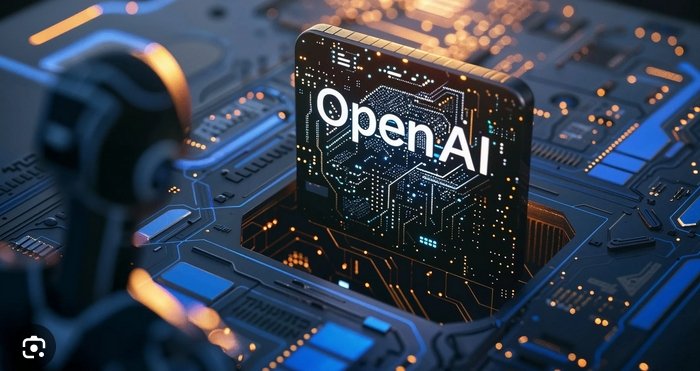OpenAI is nearing a transition to a more conventional for-profit structure, as it works out significant negotiations with its biggest investor, Microsoft, and explores a plan to allocate at least $100 billion in equity to its nonprofit division.
According to Chairman Bret Taylor, these planned changes involve granting the existing nonprofit control over a new public benefit corporation. Additionally, the nonprofit would receive an equity stake that could position it among the world’s most well-funded philanthropic organizations. Taylor emphasized that OpenAI’s foundation as a nonprofit remains unchanged and continues to guide the company’s future.
The proposed equity stake of at least $100 billion would represent roughly 20% of OpenAI’s estimated $500 billion valuation, should the company pursue a share sale. This valuation would rank it as the most valuable startup globally. The $100 billion figure is a minimum; the actual amount could be higher, according to sources familiar with the matter who requested anonymity due to confidentiality.
Following the announcement, Microsoft’s shares rose approximately 1.5% in after-hours trading.
The two companies have been engaged in months of discussions regarding this restructuring, mainly to secure Microsoft’s approval. In exchange for substantial financial investment, Microsoft seems to have the right to incorporate OpenAI’s AI technology into its own products. Gaining Microsoft’s consent has been a key obstacle for OpenAI’s plans, with negotiations involving the CEOs of both organizations, Sam Altman and Satya Nadella, having occurred recently at the Allen & Co. conference in Idaho.
In a joint statement Thursday, both companies announced the signing of a “non-binding memorandum of understanding” to advance their partnership. They also indicated they are “working to finalize contractual terms” in a definitive agreement, reaffirming their commitment to developing safe and effective AI tools.
However, Microsoft’s approval is only part of the challenge. Regulatory review is underway in California and Delaware, where authorities are scrutinizing OpenAI’s proposed financial and governance changes. Last week, these agencies issued a joint letter expressing concerns about the safety of OpenAI’s AI products, particularly their interactions with children, including a tragic case involving a Californian who allegedly died by suicide after using a chatbot.
OpenAI also faces opposition from Elon Musk, an early investor and co-founder who left the company and has filed a lawsuit accusing OpenAI of misleading investors about its charitable mission. The company denies Musk’s allegations, claiming he is attempting to slow down its progress.
Founded in 2015, OpenAI originally operated as a nonprofit aimed at promoting ethical AI development for the benefit of humanity. Both Altman and Musk have expressed concerns about the risks that advanced AI could pose to humanity, advocating for responsible industry leadership.

